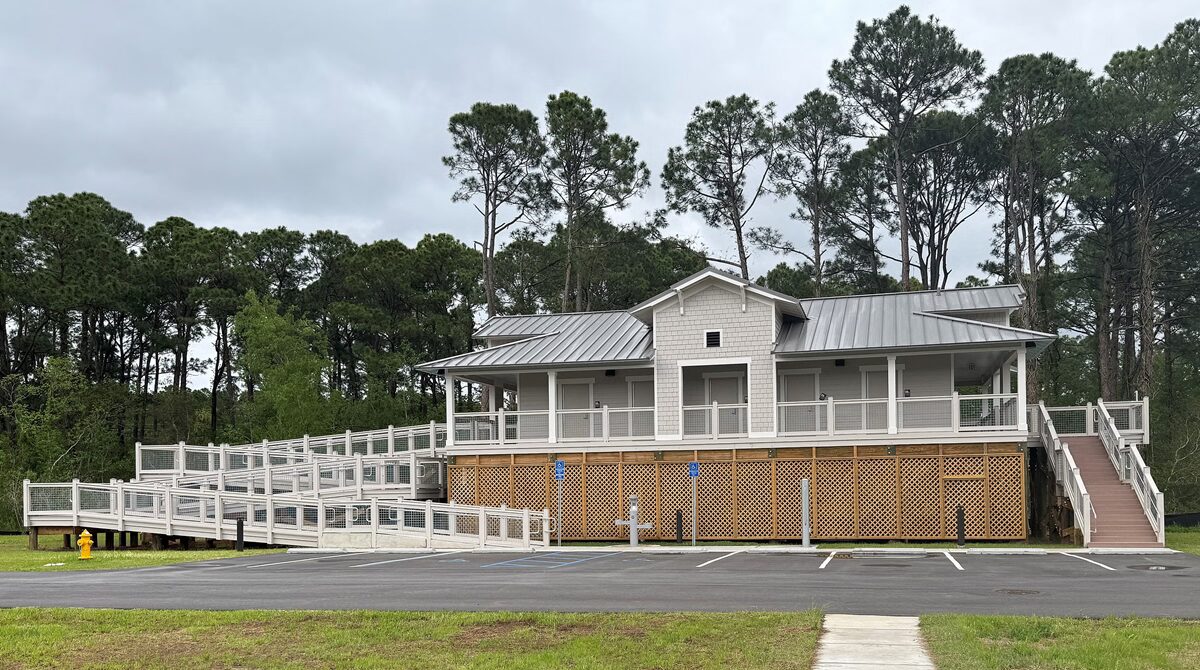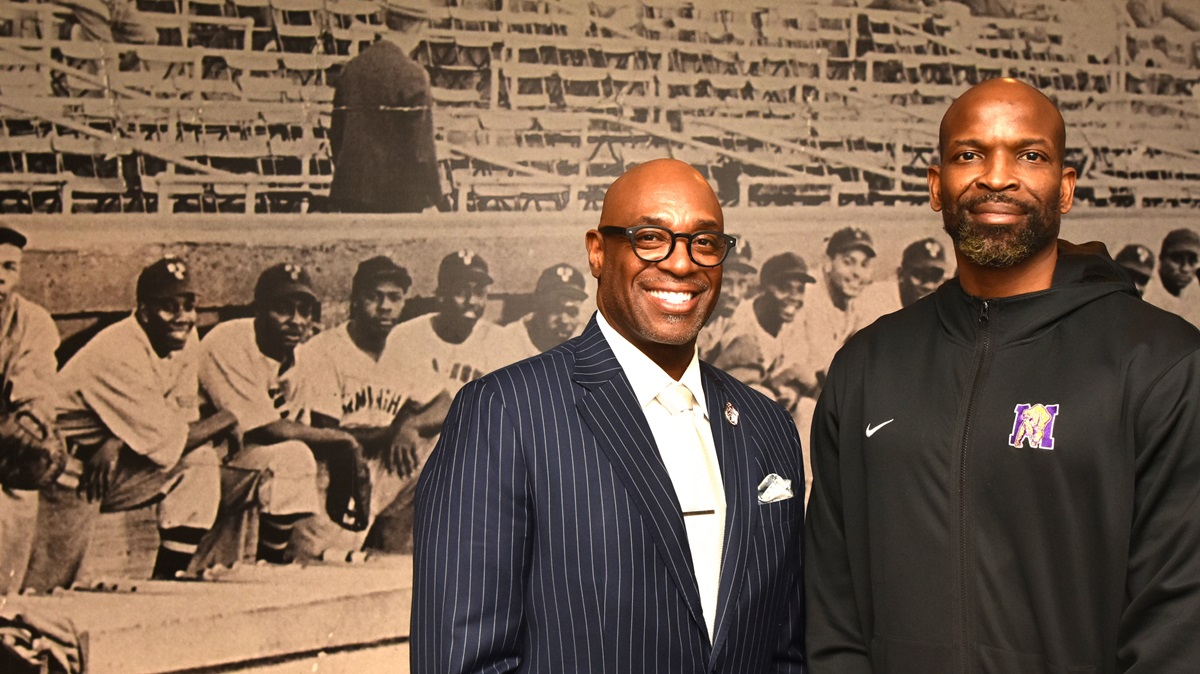On this day in Alabama history: Bobby Frank Cherry died in prison

A bipartisan group of congressional leaders bow their heads in prayer during a ceremony to posthumously award the Congressional Gold Medal to the four little girls who were killed in the 16th Street Baptist Church bombing. Denise McNair, Addie Mae Collins, Carole Robertson and Cynthia Wesley were killed Sept. 15, 1963 when members of the KKK bombed the church in Birmingham. The medal honors the girls' sacrifice and how it served as a catalyst for the civil rights movement. (Photo by Chip Somodevilla/Getty Images)
November 18, 2004
Days after the 1963 bombing of Birmingham’s 16th Street Baptist Church that killed four young girls, authorities homed in on Bobby Frank Cherry as a suspect. Yet, nearly 40 years went by before Cherry was brought to trial and convicted. Cherry and three other Klansmen – Robert Chambliss, Thomas Blanton and Herman Frank Cash – were known in Birmingham for their violent behavior. While the local FBI office wanted to prosecute, then-FBI Director J. Edgar Hoover pushed back, reportedly because he doubted the men could be convicted in Alabama. The case was closed without any charges being filed. Six years later, then-state Attorney General Bill Baxley re-opened the case. He learned Hoover had blocked testimony, and that the FBI had failed to turn over thousands of files to state prosecutors, including audio surveillance tapes. In 1977, armed with the additional evidence, a jury convicted Chambliss. He was sentenced to life in prison. Eleven years later, Cash was indicted but not formally charged. He died before the case could move forward. It would take almost another decade, until 1997, for Blanton and Cherry to be charged with the 1963 murder of Addie Mae Collins, Carole Robertson, Cynthia Wesley, all 14, and 11-year-old Denise McNair. Cherry was brought back to Birmingham from Texas for the trial. Blanton was convicted in 2001. Cherry was convicted in 2002, on four counts of murder – in part on the strength of testimony from several relatives, including an ex-wife and granddaughter who said Cherry boasted about the bombing. Cherry continued to maintain his innocence. Asked by Circuit Judge James Garrett following the conviction whether he had anything to say, Cherry responded: “This whole bunch lied all the way through this thing.” Cherry died in prison on Nov. 18, 2004.
Read more at Encyclopedia of Alabama or The New York Times.


For more on Alabama’s Bicentennial, visit Alabama 200.








